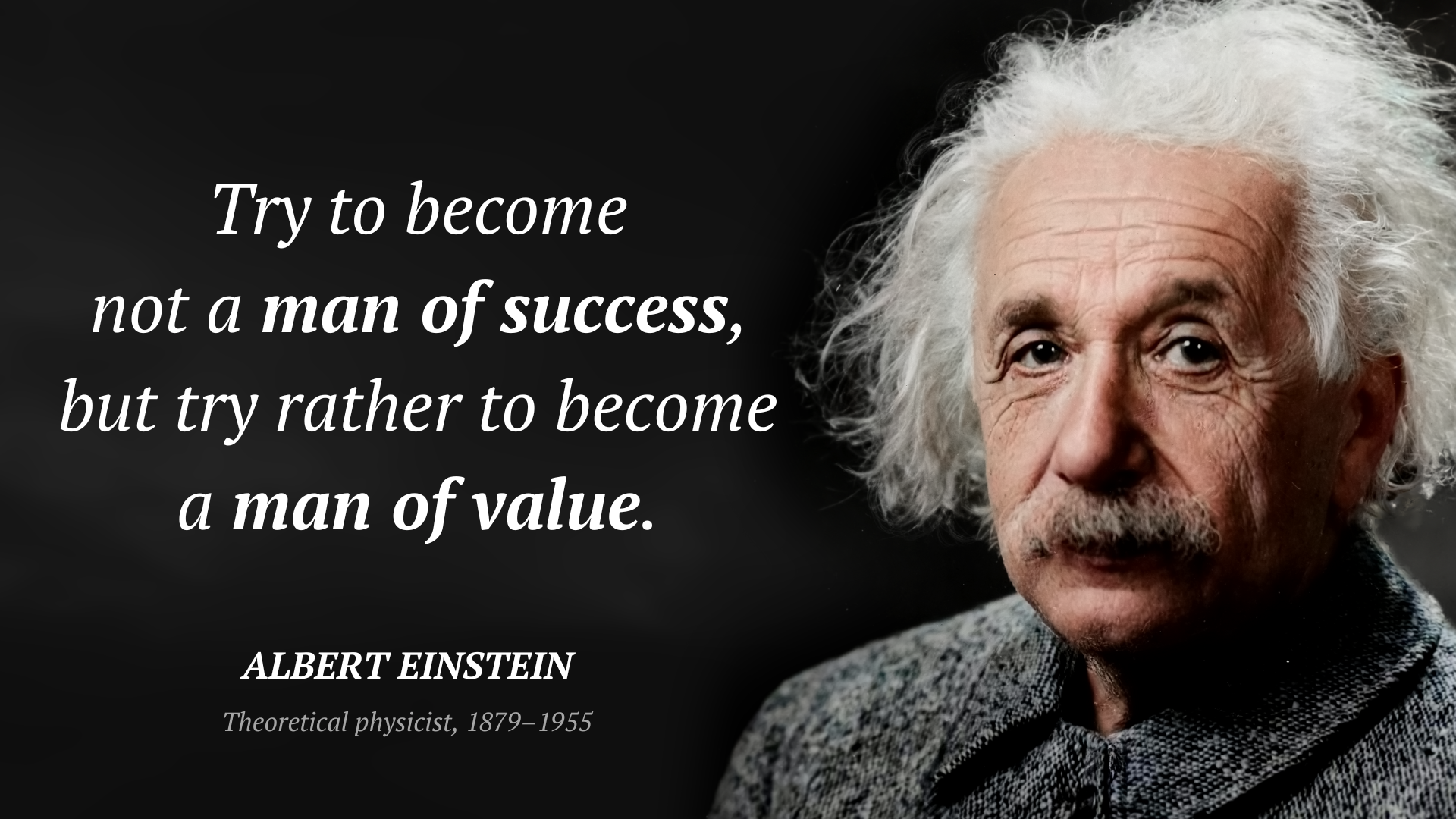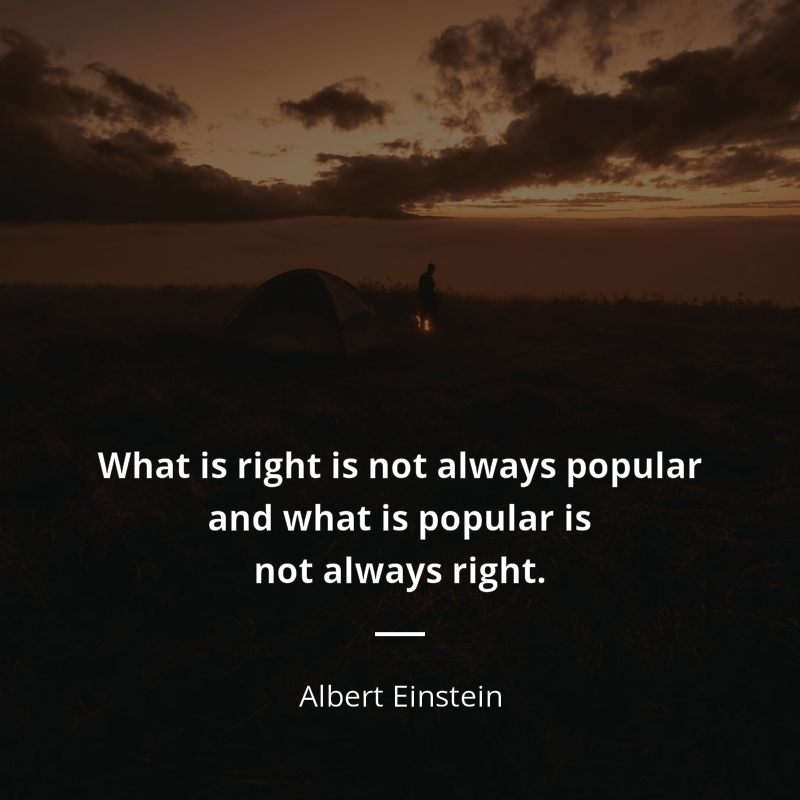Found in Montana Libraries: Volumes 8-14 (1954), p. cxxx http://books.google.com/books?id=PpwaAAAAMAAJ&q=%22more+fairy+tales%22#search_anchor. The story is given as follows: "In the current New Mexico Library Bulletin, Elizabeth Margulis tells a story of a woman who was a personal friend of the late dean of scientists, Dr. Albert Einstein. Motivated partly by her admiration for him, she held hopes that her son might become a scientist. One day she asked Dr. Einstein's advice about the kind of reading that would best prepare the child for this career. To her surprise, the scientist recommended 'Fairy tales and more fairy tales.' The mother protested that she was really serious about this and she wanted a serious answer; but Dr. Einstein persisted, adding that creative imagination is the essential element in the intellectual equipment of the true scientist, and that fairy tales are the childhood stimulus to this quality." However, it is unclear from this description whether Margulis heard this story personally from the woman who had supposedly had this discussion with Einstein, and the relevant issue of the New Mexico Library Bulletin does not appear to be online.
Variant: "First, give him fairy tales; second, give him fairy tales, and third, give him fairy tales!" Found in The Wilson Library Bulletin, Vol. 37 from 1962, which says on p. 678 http://books.google.com/books?id=KfQOAQAAMAAJ&q=einstein#search_anchor that this quote was reported by "Doris Gates, writer and children's librarian".
Variant: "Fairy tales … More fairy tales … Even more fairy tales". Found in Breaking the Magic Spell: Radical Theories of Folk and Fairy Tales by Jack Zipes (1979), p. 1 http://books.google.com/books?id=MxZFuahqzsMC&lpg=PP1&pg=PA1#v=onepage&q&f=false.
Variant: "If you want your children to be brilliant, tell them fairy tales. If you want them to be very brilliant, tell them even more fairy tales." Found in Chocolate for a Woman's Heart & Soul by Kay Allenbaugh (1998), p. 57 http://books.google.com/books?id=grrpJh7-CfcC&q=brilliant#search_anchor. This version can be found in Usenet posts from before 1998, like this one from 1995 http://groups.google.com/group/rec.music.beatles/msg/cec9a9fdf803b72b?hl=en.
Variant: "If you want your children to be intelligent, read them fairy tales. If you want them to be very intelligent, read them more fairy tales." Found in Mad, Bad and Dangerous?: The Scientist and the Cinema by Christopher Frayling (2005), p. 6 http://books.google.com/books?id=HjRYA3ELdG0C&lpg=PA6&dq=einstein%20%22want%20your%20children%20to%20be%20intelligent%22&pg=PA6#v=onepage&q=einstein%20%22want%20your%20children%20to%20be%20intelligent%22&f=false.
Variant: "If you want your children to be intelligent, read them fairy tales. If you want them to be more intelligent, read them more fairy tales." Found in Super joy English, Volume 8 by 佳音事業機構 (2006), p. 87 http://books.google.com/books?id=-HUBKzP8zsUC&lpg=PP1&pg=PA87#v=onepage&q&f=false
Disputed
Kontext: Fairy tales and more fairy tales. [in response to a mother who wanted her son to become a scientist and asked Einstein what reading material to give him]



